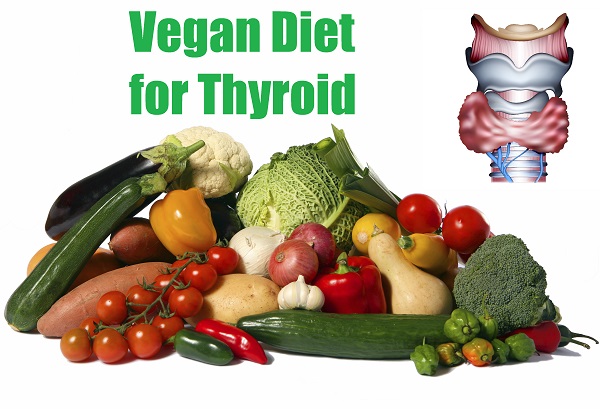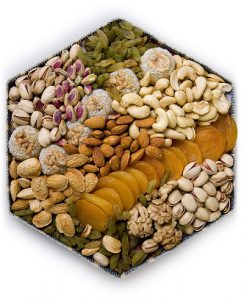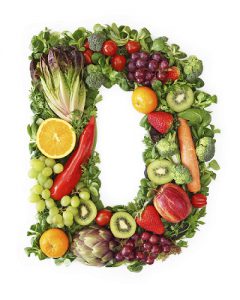


A Vegan Diet for Thyroid and other organs have lots of benefits, which include less chances of obesity, lowered risk of cancer, kidney and cardiovascular disease, and much lesser susceptibility to autoimmune disease. Your diet has a direct impact on your health and this holds true especially for those suffering from thyroid-related issues. Your diet not only affects your thyroid but also the absorption of thyroid medication in your body.
However, we see that even after having BMI in control, vegans show 22% risk for hypothyroidism and 51% risk for hyperthyroidism. Research shows that vegan diets that are high in simple carbohydrates and sugars leads to problems related to thyroid and heart. Let’s read more about how to balance the thyroid diet.
While choosing a thyroid diet, it is important that you focus on foods that are vital in helping your body produce thyroid hormones and in the conversion of T4 to T3. Iodine is one of the key nutrients for a healthy thyroid, which is found in abundance in meats and dairy products. However, when following a vegan thyroid diet, you need to ensure that the foods in your thyroid diet have adequate amounts of iodine.
A well-balanced vegan thyroid diet should contain the following foods:
Iodine Rich Food
Include foods like seaweed, rock salt, peanuts, almonds, avocados, bananas, lima beans, and seeds like pumpkin, sunflower, sesame & squash in your thyroid diet.


Legumes
Adding legumes to your thyroid diet will ensure that you have a good source of protein.
Complex Carbohydrates
You should also ensure that your thyroid diet is rich in complex carbohydrates. Food rich in fiber and low in sugar include sweet potatoes, pumpkin, green leafy vegetables, etc.
Raw Vegetables-Vegan diet for Thyroid
Raw vegetables ensure that your body gets the right amount of nutrients. Including raw vegetables in salads with low-fat dressings like nuts and seeds is a great idea.


Saturated Fats
Palm oil, coconut oil, and cocoa butter contain saturated fat. These can provide your body with the much-needed saturated fats that are key for High-Density Lipoprotein (HDL) or good cholesterol.







